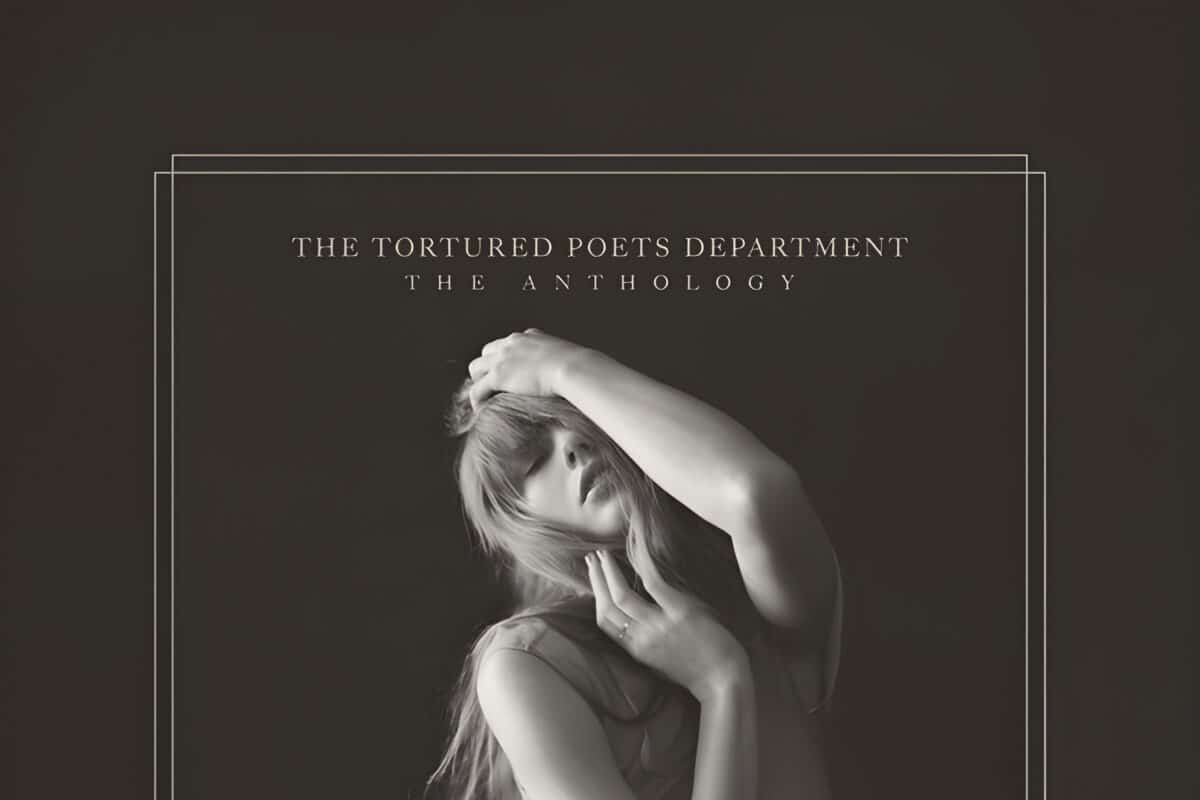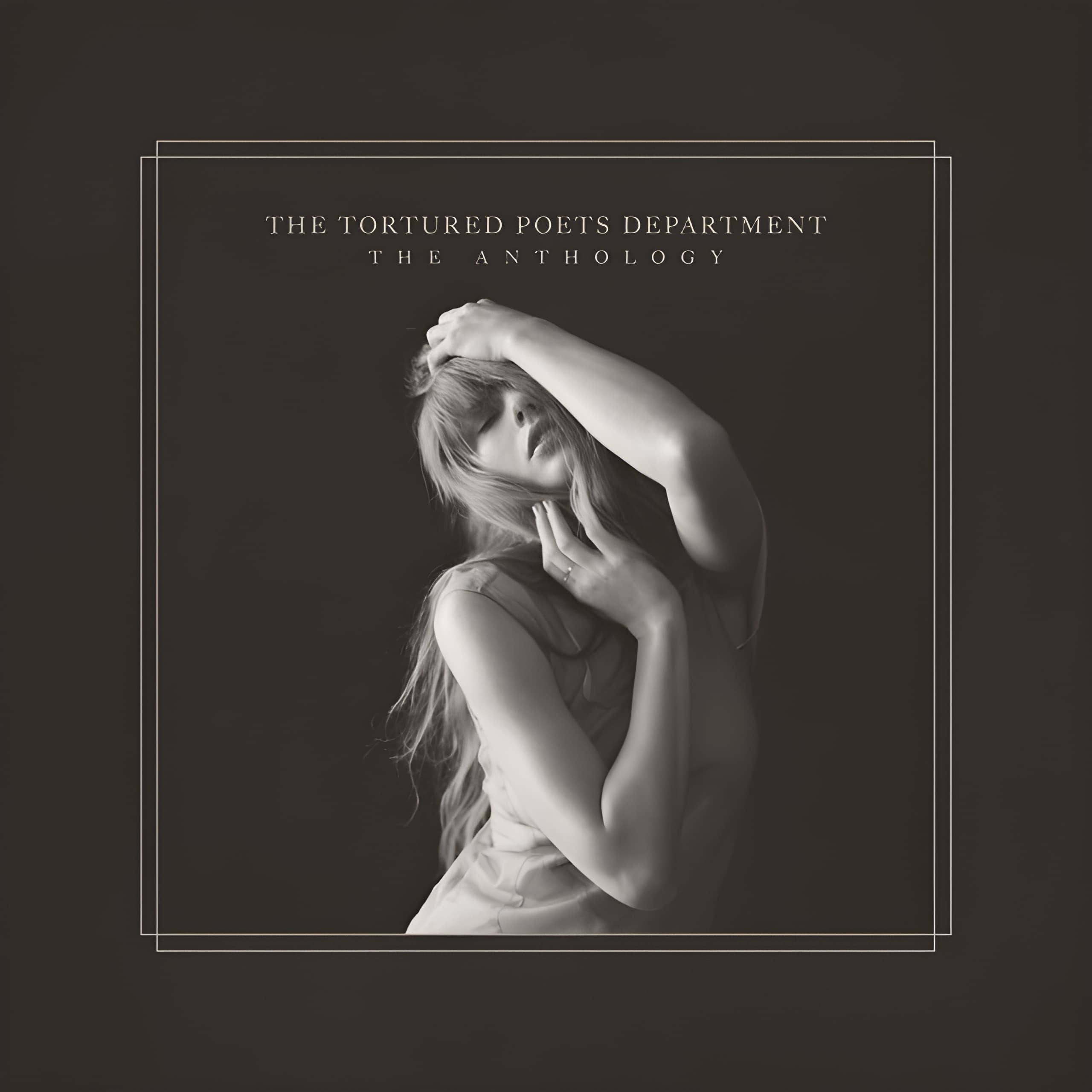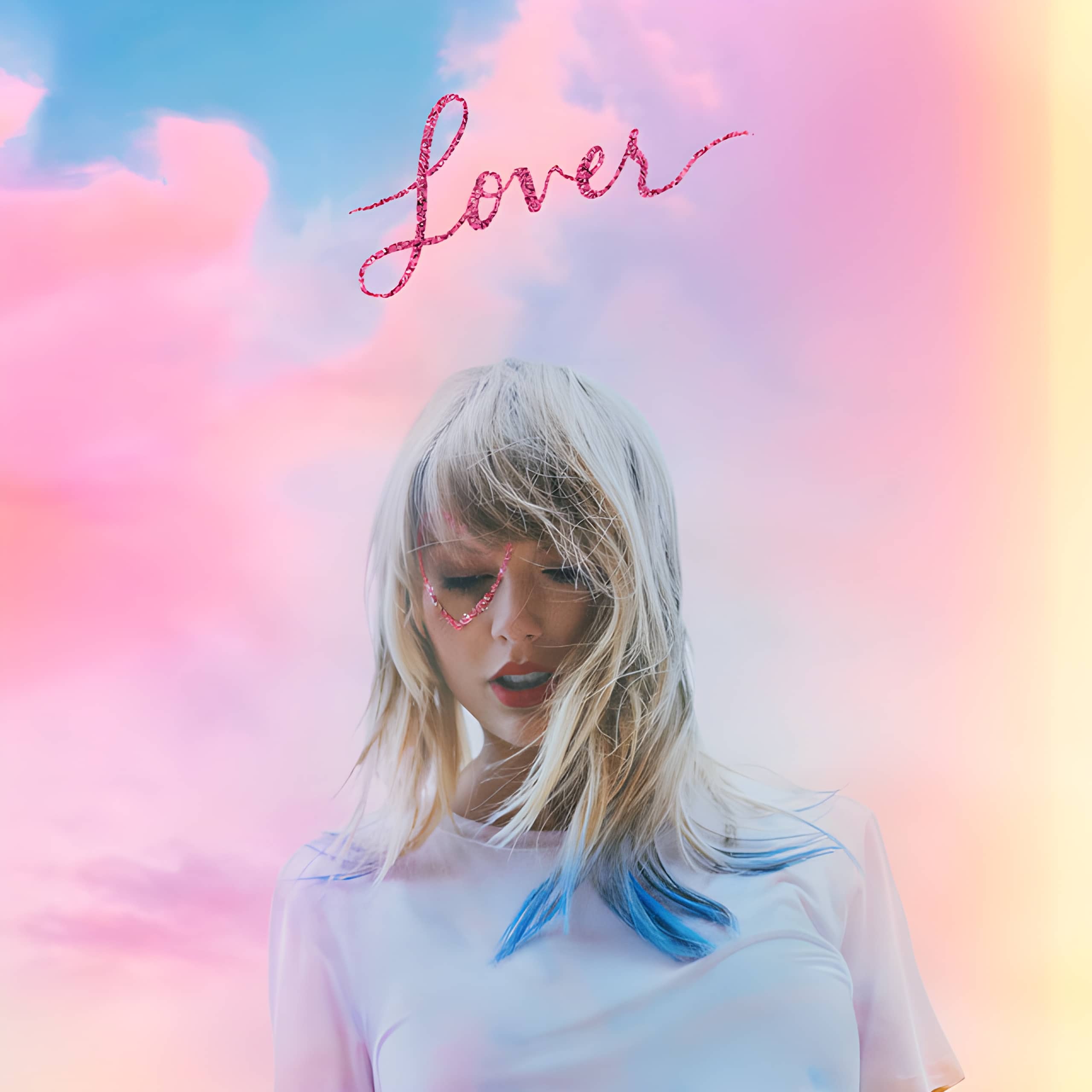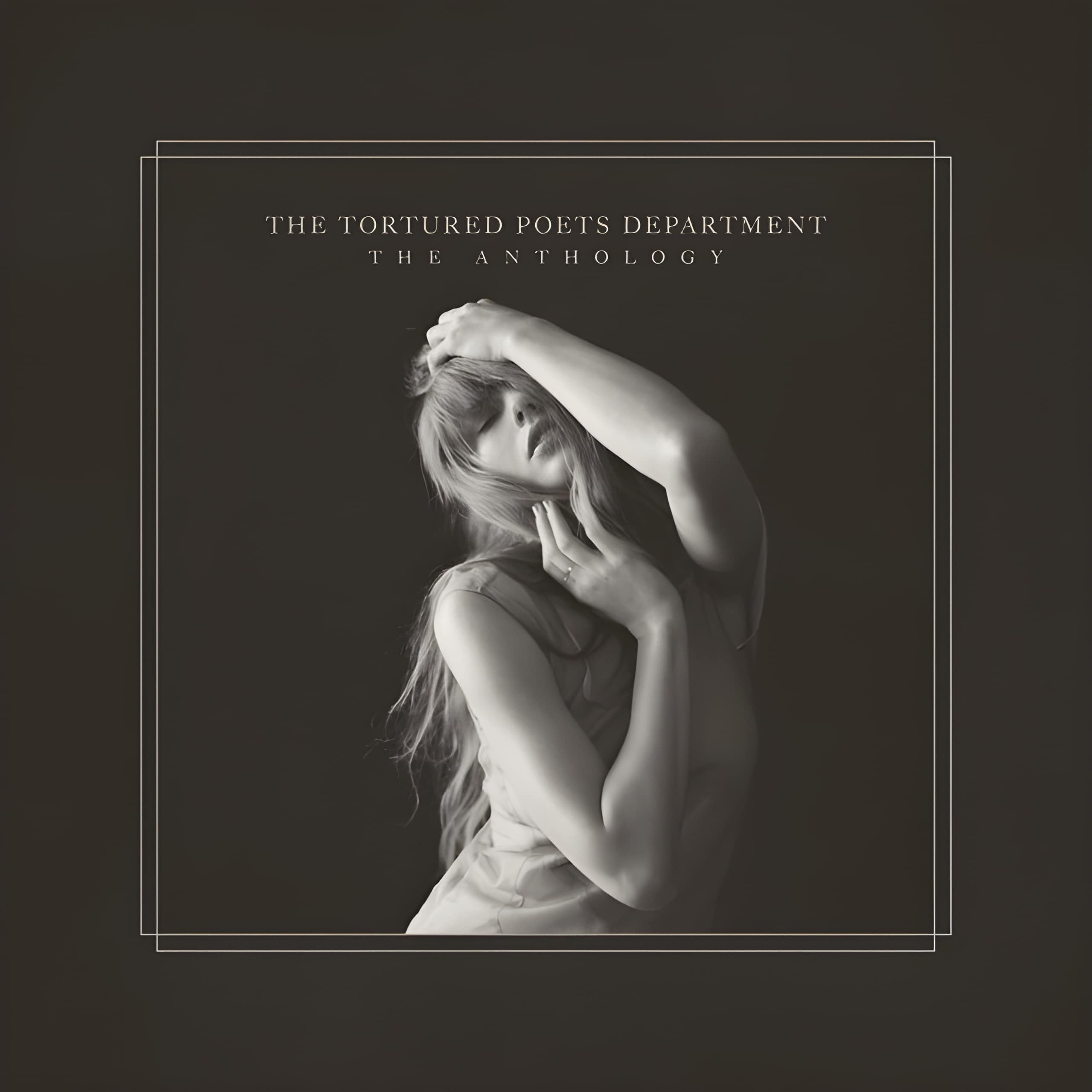Released: 2024
“I Hate It Here” by Taylor Swift is a profound and layered dive into feelings of dissatisfaction with one’s surroundings and circumstance, as well as a quest for comfort and solace in one’s own imagination and isolation. The song deals with contradictions, dissatisfaction, longing, the power of memory and imagination, and the way we often chose to romanticize the past or future as an escape from the mundane and harsh realities of the present.
The first verse sets the tone of the song, with Swift asking her partner to “tell me something awful”. The phrase implies a longing for honesty and authenticity, striving to navigate a world that can often feel superficial and insincere. The lines “You see I was a debutant in another life but / Now I seem to be scared to go outside” suggest a feeling of displacement and anxiety tied to the social expectations generated by wealth and fame.
The chorus reveals Swift’s escapism, her preferred solace is in the “secret gardens in my mind – People need a key to get to – The only one is mine”. This can be taken as a commentary on her creative process: the ‘secret gardens’ being her songs and the ‘key’ her personal experience and artistic intention. It serves as an assertion of her autonomy and control over her artistic output amid a world that often feels uncontrollable.
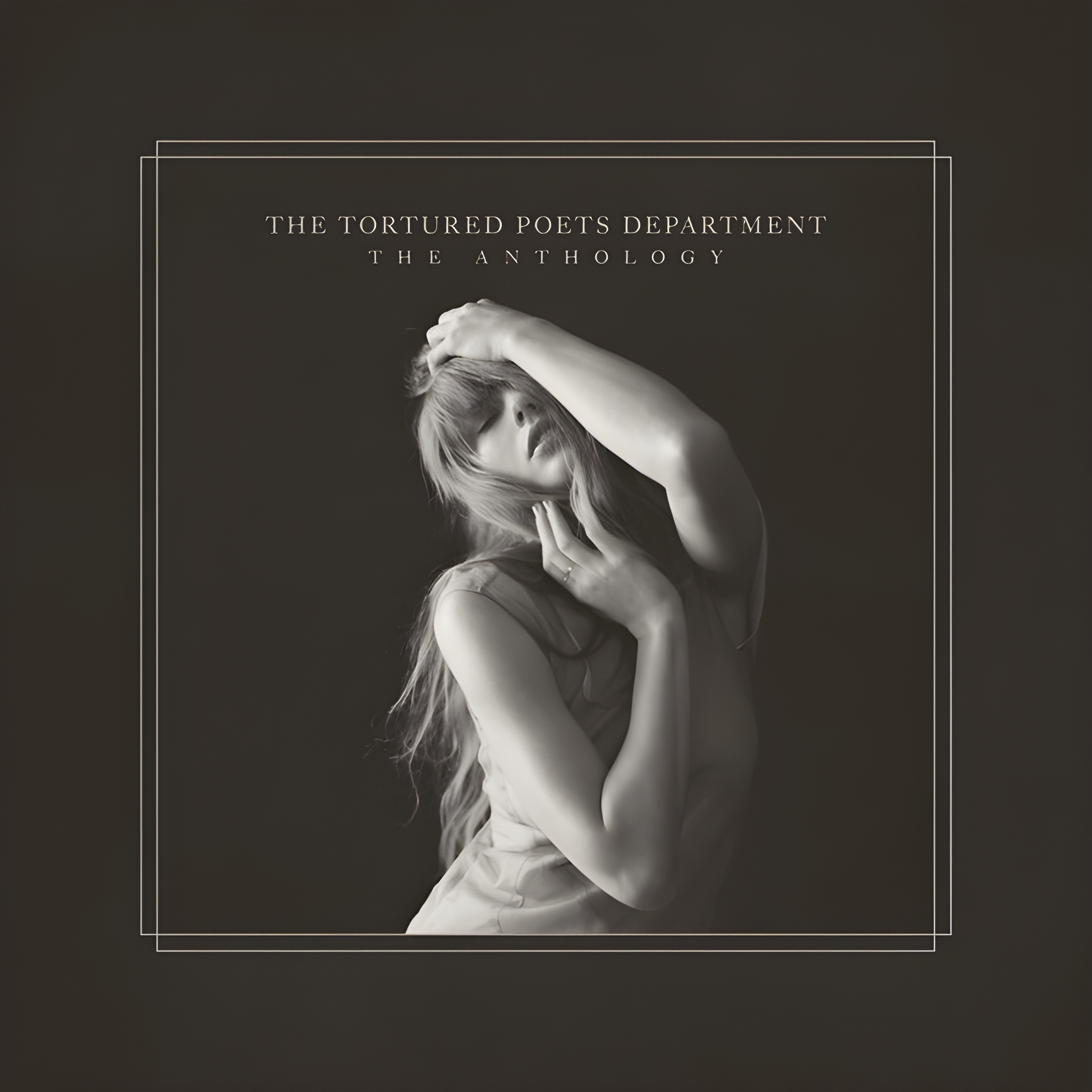
Swift’s reference to wishing to live in the 1830s speaks to a certain nostalgia yet with an understanding of its pitfalls, acknowledging the social issues of the era and rejecting any romanticized notions of the past. Crucially, she asserts, “Nostalgia is a mind’s trick”, suggesting our collective memory often sanitises history and excludes the less desirable aspects.
Ultimately the refrain, “I hate it here”, acts as an explicit expression of dissatisfaction. This discontent isn’t simply aimed at her physical location or the present time, but rather a broader critique on societal constructs, expectations, and the struggles of navigating the world when one feels out of place.
The last verse delves into Swift’s resilience despite her dissatisfaction, stating, “I’m lonely but I’m good / I’m bitter but I swear I’m fine.” She acknowledges her bitterness and loneliness, yet simultaneously states her overall wellbeing. It encapsulates the often complex and contradictory nature of emotions and human experience.
By the conclusion of the song, Swift reaffirms her solace in her ‘secret gardens’, deftly transforming her dislike of her current situation into a journey of self-discovery and resilience. The retelling of the first verse at the end of the song creates a cyclical narrative, implying that discomfort and dissatisfaction are ongoing, yet so is the capacity for escape, resilience, and autonomy.
